Exploring the Eco-Friendly Benefits of Glass Bottles: A Sustainable Choice for Modern Living
As the world grapples with the escalating environmental crisis, modern consumers are increasingly seeking sustainable alternatives to traditional packaging materials. Glass bottles have emerged as a preferred choice due to their eco-friendly benefits and recyclability. According to a report by the Glass Packaging Institute, glass bottles are 100% recyclable and can be recycled indefinitely without loss of quality, which significantly reduces waste in landfills. Furthermore, a study published in the Journal of Environmental Management indicates that adopting glass over plastic can lead to a reduction of carbon emissions by up to 60% during production and transportation. By choosing glass bottles, consumers are making a conscious effort to support a circular economy, while also enjoying the benefits of a safe and non-toxic beverage container. This alignment with sustainability principles positions glass bottles not just as a packaging option, but as a critical component of modern living that caters to the eco-conscious lifestyle.
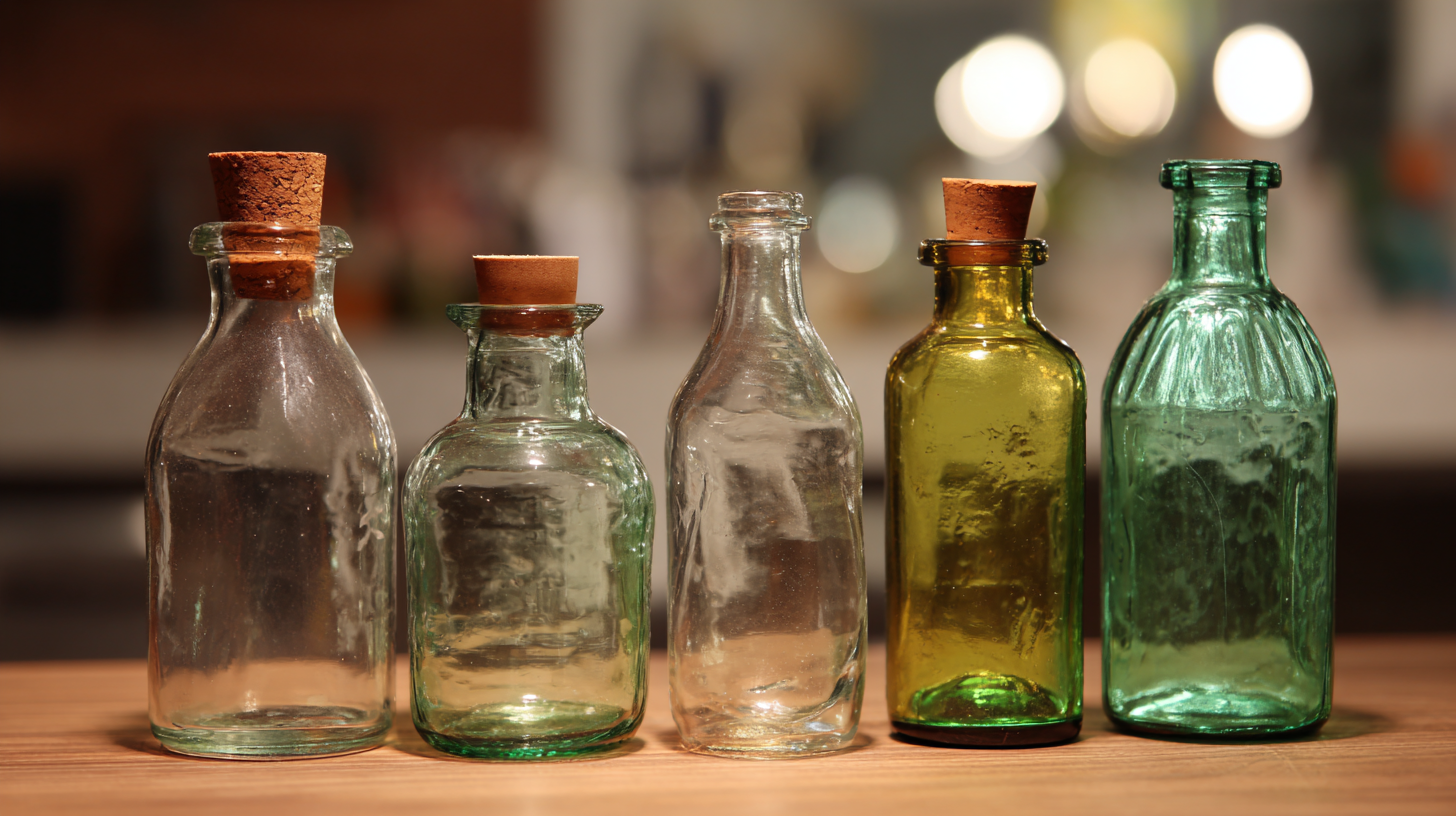
The Environmental Advantages of Choosing Glass Over Plastic
In recent years, the shift towards eco-friendly practices has led many to reconsider their choices in everyday products. One significant change involves the choice between glass and plastic, particularly when it comes to bottles. Glass bottles stand out for their environmental advantages, notably their reusability and recyclability. Unlike plastic, which can take hundreds of years to decompose and often ends up in landfills and oceans, glass bottles can be recycled indefinitely without a loss of quality. This not only reduces waste but also conserves natural resources needed for new products.
Moreover, health concerns associated with plastic, especially products containing harmful chemicals like BPA, further emphasize the benefits of choosing glass. As awareness grows around the potential dangers of using plastic containers for food and beverages, especially for vulnerable populations such as infants, consumers are increasingly drawn to glass as a safer alternative. Glass bottles do not leach harmful substances, ensuring that what we consume remains uncontaminated. This transformative shift towards glass bottles not only supports personal health but also contributes significantly to environmental sustainability, making it a compelling choice for modern living.
Exploring the Eco-Friendly Benefits of Glass Bottles
This chart illustrates the environmental advantages of choosing glass bottles over plastic in various categories such as recyclability, carbon footprint, and pollution levels. Glass bottles prove to be a more sustainable choice for modern living.
Promoting Reusability: How Glass Bottles Minimize Waste
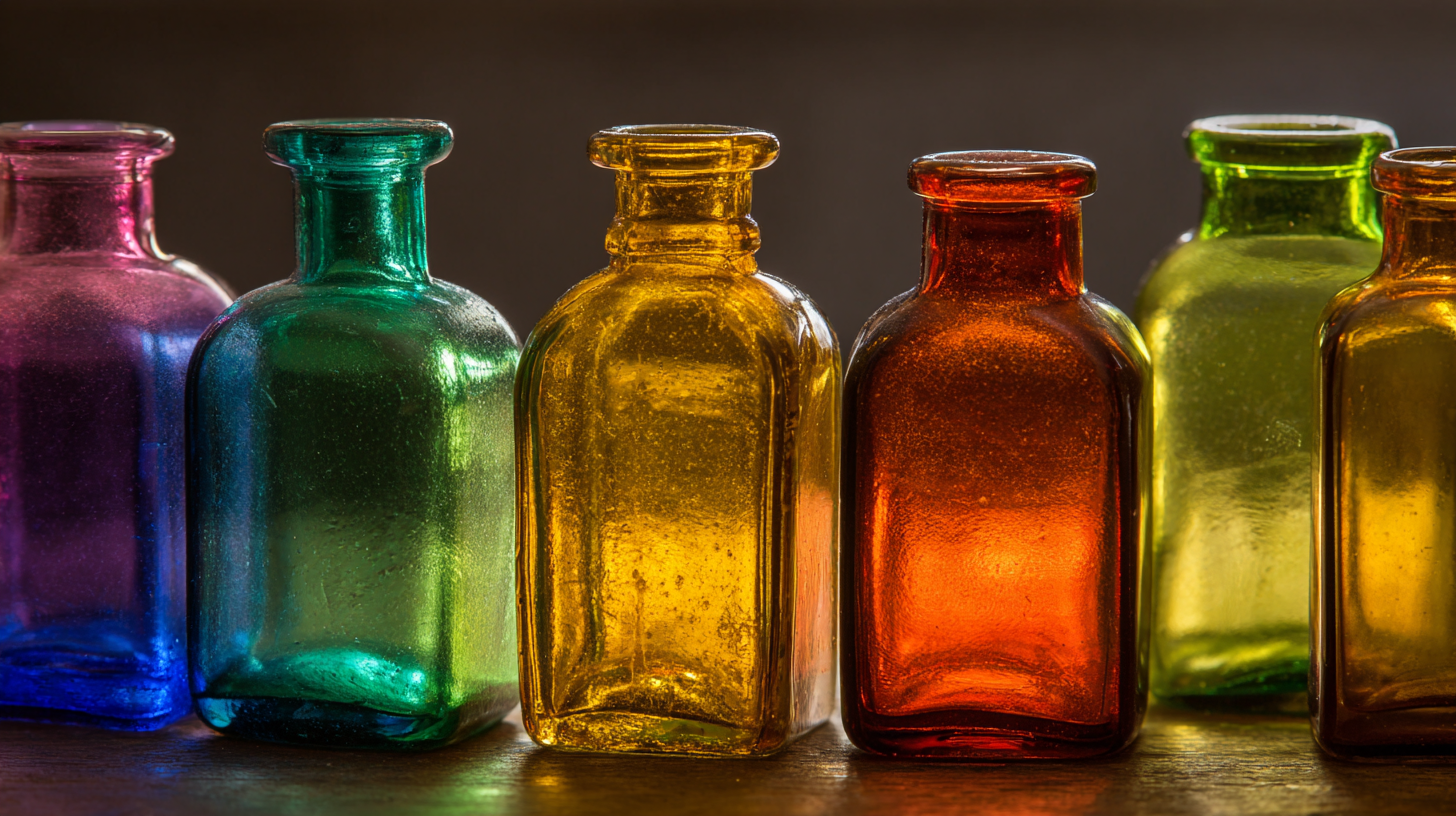 Glass bottles have emerged as a leading player in the quest for sustainable living, particularly due to their reusability. Unlike single-use plastic bottles which contribute significantly to environmental pollution, glass bottles can be reused countless times without degrading their quality. This durability not only reduces waste but also encourages consumers to adopt a more mindful approach to hydration and storage. By incorporating glass bottles into daily routines, individuals can contribute to a significant decrease in plastic waste, fostering a cleaner planet for future generations.
Glass bottles have emerged as a leading player in the quest for sustainable living, particularly due to their reusability. Unlike single-use plastic bottles which contribute significantly to environmental pollution, glass bottles can be reused countless times without degrading their quality. This durability not only reduces waste but also encourages consumers to adopt a more mindful approach to hydration and storage. By incorporating glass bottles into daily routines, individuals can contribute to a significant decrease in plastic waste, fostering a cleaner planet for future generations.
Moreover, the reusability of glass bottles extends beyond drinking water. They serve a versatile purpose in food storage, offering a non-toxic alternative that helps preserve the freshness and flavor of contents. With the growing trend of zero-waste lifestyles, using glass bottles can inspire others to rethink their consumption habits and opt for reusable options. This shift not only minimizes landfill contributions but also promotes a cultural change towards valuing sustainable practices in modern living, making glass bottles a smart choice for both individuals and the environment.
The Impact of Glass Bottles on Reducing Carbon Footprint
The increasing awareness of environmental issues has prompted a shift towards more sustainable choices in our daily lives. One of the most impactful decisions consumers can make is opting for glass bottles over plastic alternatives. Glass is a reusable, recyclable material that significantly reduces waste and the overall carbon footprint associated with packaging. Unlike plastic, which can take hundreds of years to decompose, glass bottles can be recycled endlessly without loss of quality, promoting a circular economy that minimizes resource extraction and energy consumption.
The production and disposal of plastic contribute heavily to greenhouse gas emissions, further exacerbating climate change. In contrast, glass bottles are made from natural materials like sand, soda ash, and limestone, which have a lower environmental impact during production when considering life cycle assessments. Moreover, using glass can lead to reduced reliance on single-use plastics, which are a significant source of pollution in oceans and landscapes. By choosing glass bottles, consumers not only encourage sustainable practices but also help combat the rising tide of plastic waste, fostering a healthier ecosystem for future generations.
Exploring the Eco-Friendly Benefits of Glass Bottles: A Sustainable Choice for Modern Living
| Benefit | Description | Impact on Carbon Footprint | Lifespan |
|---|---|---|---|
| Recyclability | Glass bottles can be recycled indefinitely without loss of quality. | Reduces the demand for new materials, thus lowering overall emissions. | Indefinitely recyclable. |
| Durability | Glass is resistant to degradation over time, maintaining its integrity. | Long lifespan results in less frequent product replacement. | Can last for years if reused properly. |
| Non-Toxic | Glass does not leach harmful chemicals into its contents. | Enhances the safety of food and beverages, reducing health-related emissions. | Long-lasting material safety. |
| Energy Efficiency | Producing recycled glass uses significantly less energy than new glass. | Lower energy consumption leads to reduced greenhouse gas emissions. | Saves energy with each recycling process. |
Health Benefits: Why Glass is a Safer Choice for Beverages
When considering the health benefits of glass bottles for beverages, it’s essential to highlight their potential as safer alternatives. Unlike plastic, which has been scrutinized for leaching harmful chemicals, glass is inert and non-reactive, ensuring that beverages stored in these containers do not interact with their packaging. This aspect is particularly vital given recent studies indicating that both glass bottles and plastic containers may contain microplastics, posing concerns for consumer health. However, the risk associated with glass remains lower compared to plastic, which can carry toxic substances over time, making glass a preferable choice for health-conscious individuals.
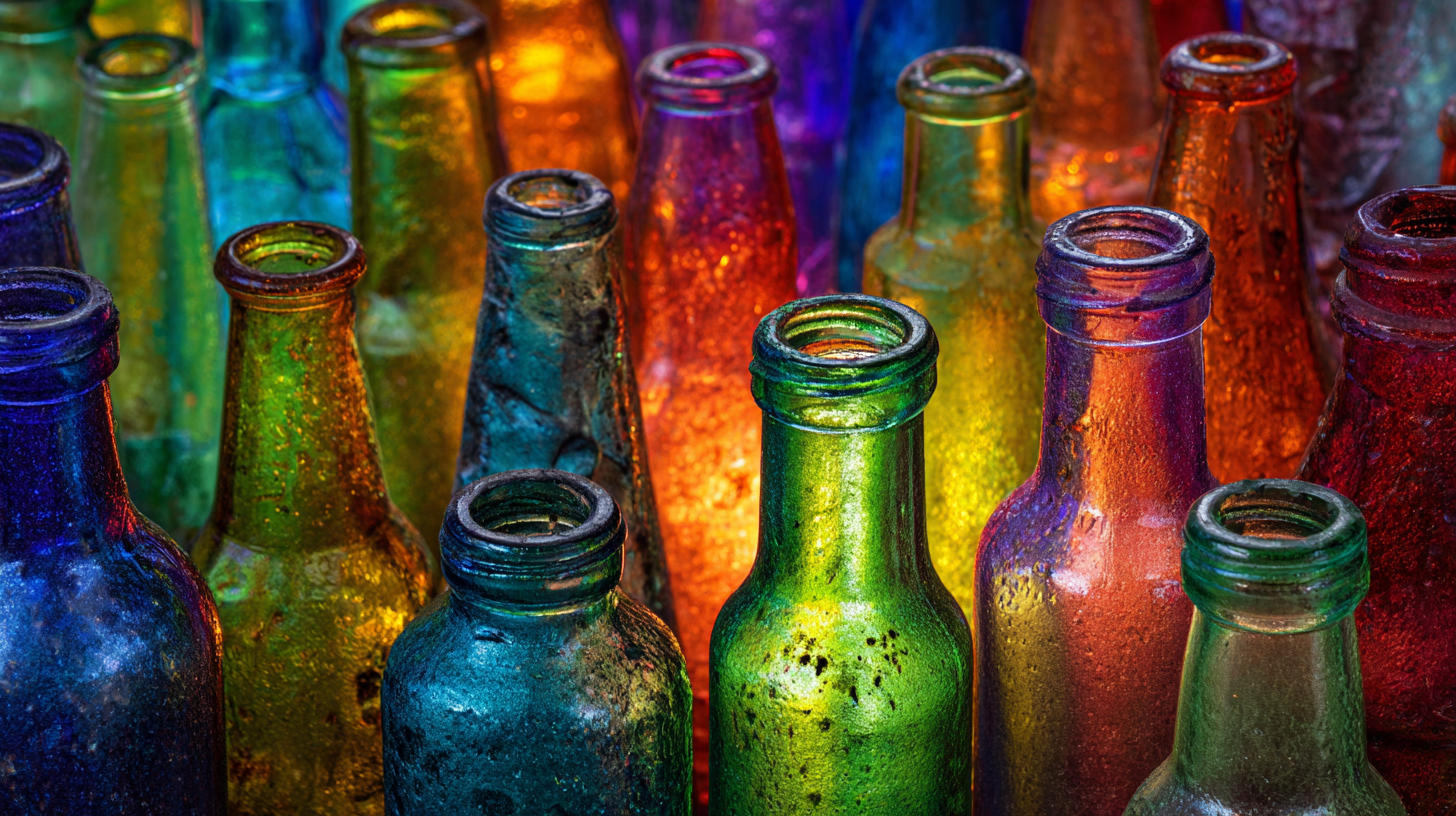
Moreover, recent findings from the National Institutes of Health highlight that while glass bottles may harbor microplastics, their impact on health is minimal compared to the vast array of synthetic compounds found in single-use plastics. For those looking to reduce their sugar intake, opting for beverages in glass containers can also facilitate healthier choices. The popularity of low-sugar alternatives is on the rise, with beverages such as flavored sparkling water and herbal teas emerging as refreshing substitutes to sugary sodas. Thus, choosing glass bottles not only supports personal health by minimizing chemical exposure but also encourages healthier drinking habits in modern lifestyles.
Supporting a Circular Economy with Recyclable Glass Materials
The adoption of glass bottles plays a crucial role in supporting a circular economy, contributing significantly to environmental sustainability. Unlike plastic, which can take hundreds of years to decompose, glass can be recycled endlessly without losing quality. According to a report by the Glass Packaging Institute, recycling just one ton of glass saves the energy equivalent to 1,000 to 2,000 kilowatt-hours of electricity, which can power a home for several months. This reusability and energy efficiency make glass a preferable choice for consumers looking to reduce their carbon footprint.
Incorporating tips for consumers can further amplify the benefits of glass. First, always choose products packaged in glass to support brands committed to sustainable practices. Additionally, consider starting a local recycling initiative if one does not exist in your area. Encouraging neighbors to participate can increase recycling rates and lessen environmental impact. Lastly, take care of glass containers; reuse them for storage or crafts, extending their lifecycle even further.
By choosing glass, individuals not only contribute to a sustainable future but also engage actively in a circular economy that fosters recycling, reduces waste, and conserves resources for generations to come.
Related Posts
-
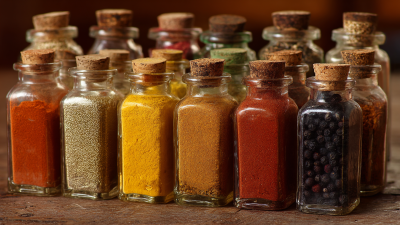
Ultimate Guide to Organizing Your Kitchen with Stylish Spice Bottles
-
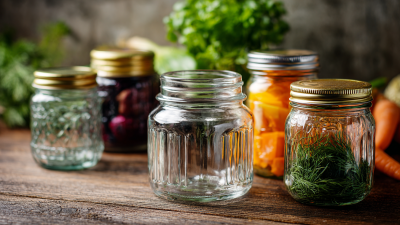
Discover the Benefits of Using Glass Jars with Lids for Food Storage and Preservation
-
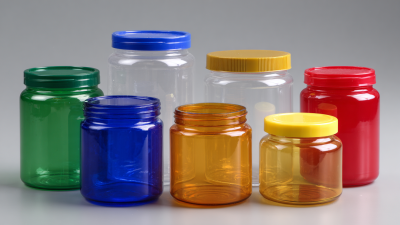
The Ultimate Guide to Choosing the Best Plastic Jars with Lids for Every Storage Need
-

Innovative Trends in Container and Packaging Solutions Driving Sustainability and Reducing Waste
-
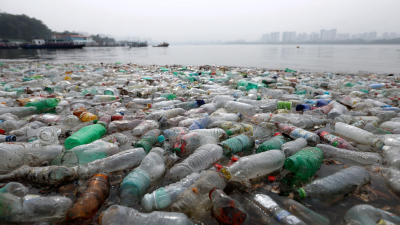
The Untold Secrets Behind Recycling Plastic Bottles for a Sustainable Future
-
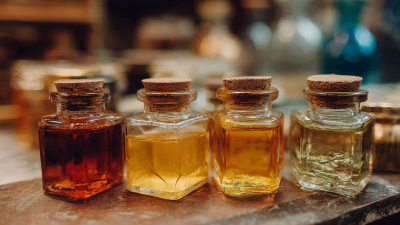
The Amazing Health Benefits of Honey Bottles You Never Knew About
